Join Our Mailing List
For receiving our news and updates in your inbox directly.
Continental Hospitals is founded and established with a vision to a focus on healing and a commitment to well-being of a patient.
Delivering an exceptional patient experience is both a clinical and a business imperative in today’s healthcare environment. And to do it consistently is not easy. It requires leadership diligence, engaged employees and physicians, standard practices, and a strong culture committed to always placing the patient and family at the center of the conversation.
I am proud to say with decades of my physician leadership and clinical work in the United States, I have deeply understood the essential components of a successful and sustainable patient experience. Today’s patients and their families expect not only safe, high-quality medical treatment but also courtesy, short wait times, and amenities as well as comfortable waiting lobbies, clean and environmentally friendly patient care areas.

MBBS, MD, FACP, FACG, FASGE, AGAF
Founder & Chairman, Continental Hospitals
Our Chairman's
Message
At Continental Hospitals, we value each one of our 50+ specialities as centres of excellence in their own right. Each of our specialties excel in providing integrated, collaborative, and multi-disciplinary care of the highest standards.
Focused on preventive health, evidence-based diagnostics, and advanced therapeutics, these are our representative centres of excellence.
- Continental Institute of Gastroenterology, Liver Diseases & Transplant
- Continental Institute of Orthopaedics & Joint Replacement
- Continental Institute of Nephrology & Renal Transplant
- Continental Institute of Emergency & Critical Care Medicine
- Continental Institute of Neurosciences & Rehabilitation
- Continental Heart Centre
- Continental Cancer Centre
- Continental Women & Child Centre
Our Centres of Excellence
Continental Hospitals stands out as one of the best hospitals in Hyderabad, distinguished by its commitment to adhering to national and international guidelines while offering an extraordinary aesthetic ambience and safe design. Our facility boasts beautifully appointed patient rooms across all categories, ensuring comfort and tranquility for our patients during their stay. From standard rooms to luxurious suites, we prioritize creating an environment that promotes healing and relaxation.
Moreover, we integrate natural, unfiltered sunlight into our outpatient departments, in-patient rooms, and ICUs, recognizing its profound impact on patient recovery and experience. By harnessing the power of natural light, we aim to accelerate healing processes and enhance the overall well-being of our patients. Our dedication to incorporating such elements not only reflects our commitment to medical excellence but also underscores our relentless pursuit of providing the best possible care to those we serve.








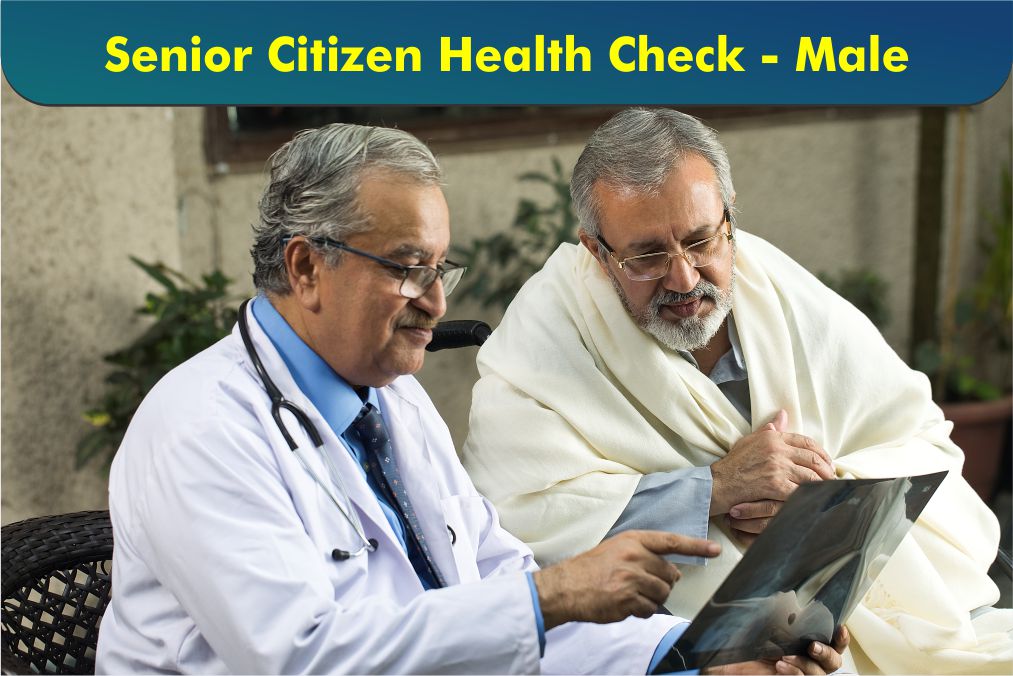
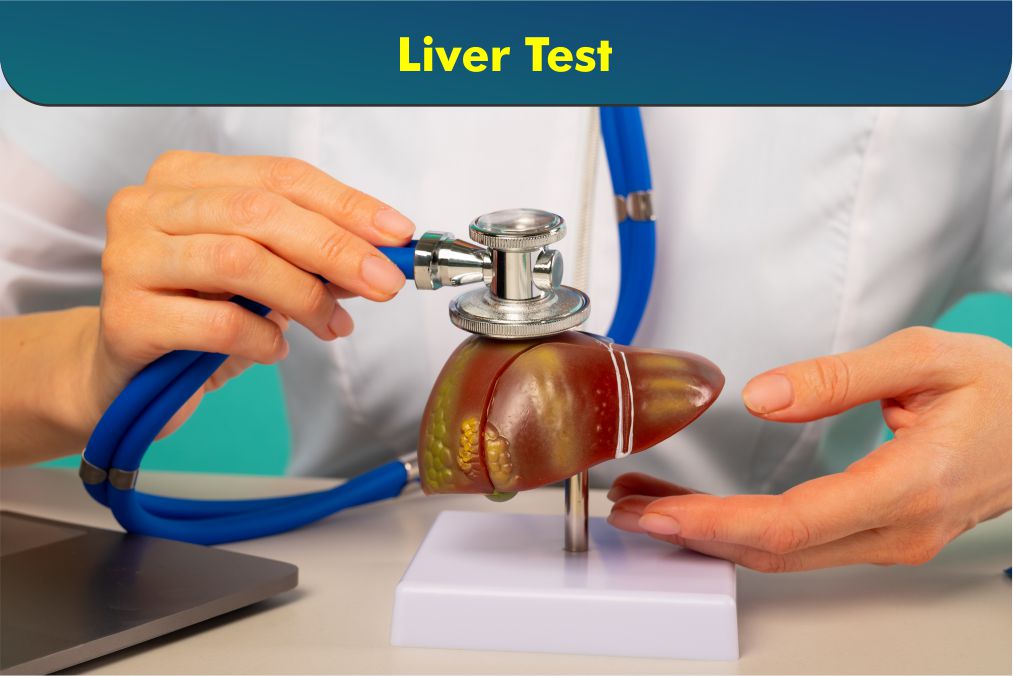
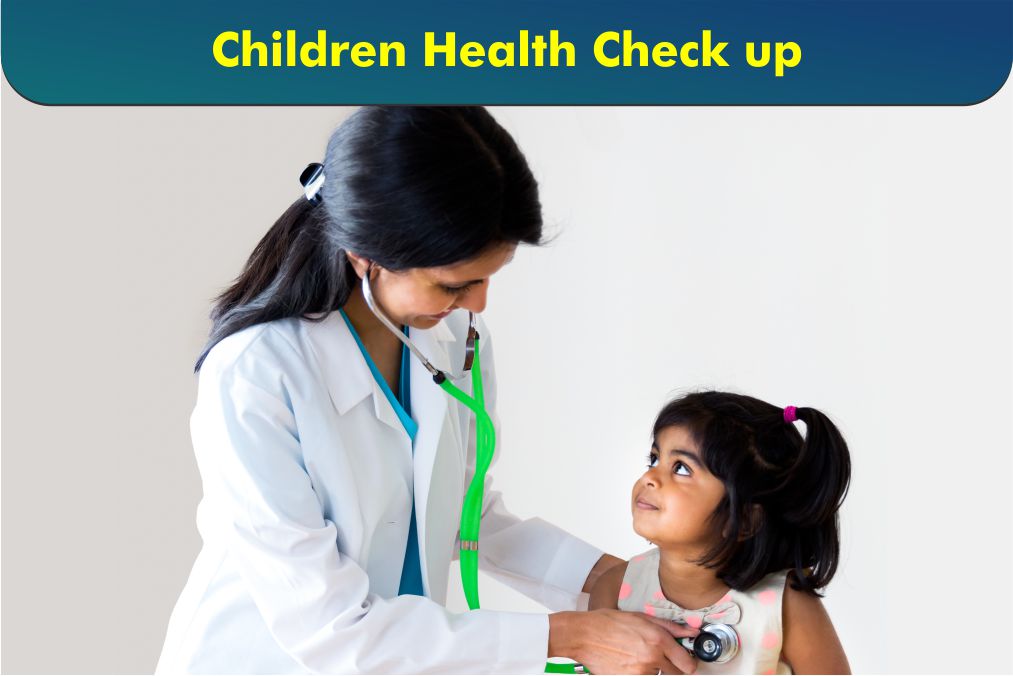
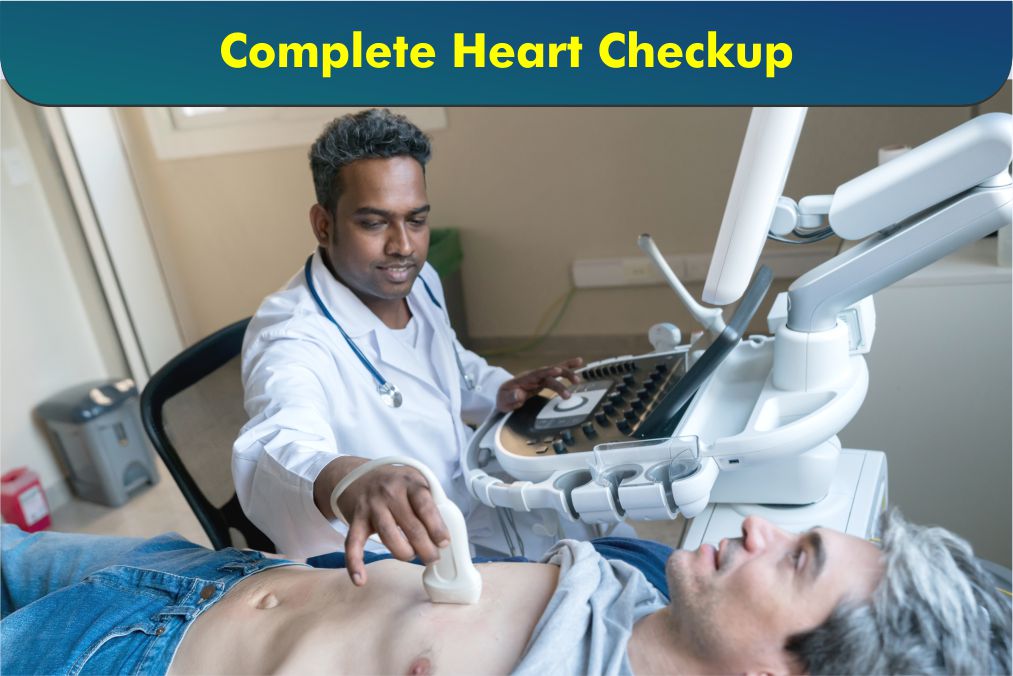

"My mother had a bilateral knee replacement surgery done here. We are very happy with results. Dr Ram Mohan Reddy was very efficient, supportive and patient friendly. The nursing staff was caring and attended all the needs efficiently. Many thanks to nurses Beaula, Anupama and Anna who made our stay comfortable"
"Dear continental Hospital Family. I really appreicate to all the staff of Continental Hospital in India, Hydrabad. Special thanks to Dr Ajay Reddy, Neorosurgery specialist who did succesful operation to my daughter Salmo regarding on very serious tumor on her back. I am again very grateful to all continenal hospital staff in general and Nurse Saktht in particular, because she gave us good medical services pre and post operation. Furthemore , I was very much impressed with good hospitality, medical and recovery and humanity services which the hospital is providing. Finally, I recommed that all patients suffering from neorological problems visit to continental hospital."
"I’ve taken my mother for her access port removal surgery with hundreds of questions in mind which were answered not in words but by putting into actions not just by the Surgeon, Dr. Praveen K Reddy but also each and every staff member. I would like to thank each one of them here for all the support they’ve given to us during these tough times. Dr. Praveen is an amazing person who takes care of his patients as family members. Dr. Praveen’s assistant Mary is one such sweet lady supported us right from the admission through the billing and discharge. The IPD 4th floor team (Floor Manager: Karabi Duty Medical Officer: Dr. Sai Nursing Manager: Nikita) made sure of our comfortable stay in the Hospital which is very rare. Thank you so much team. An unforgettable moment is when all the surgical team members came into the Suite with a cake to celebrate my mother’s birthday. I can’t thank enough for this. Thank you so much Dr. Praveen garu for everything."
"My father got admitted under Dr Laxminadh Shivraju sir the operation diagnosis cp angel cpiclermoil cramolaning excision brain tumer we have been refer form Kammareddy specially to Dr.laxminadh sir .My father is alright now he is going to abroad for work his completely fit and fine now .Dr.laxminadh sir treatment is too good .can't express in words . my father and he was recover very fast..quick recovery we had under him . Dr.laxminadh sir treatment is outstanding and and the staff and nursing team was so caring and helping nature . The management is to good . Hospital is very hygiene and fresh all the time ."
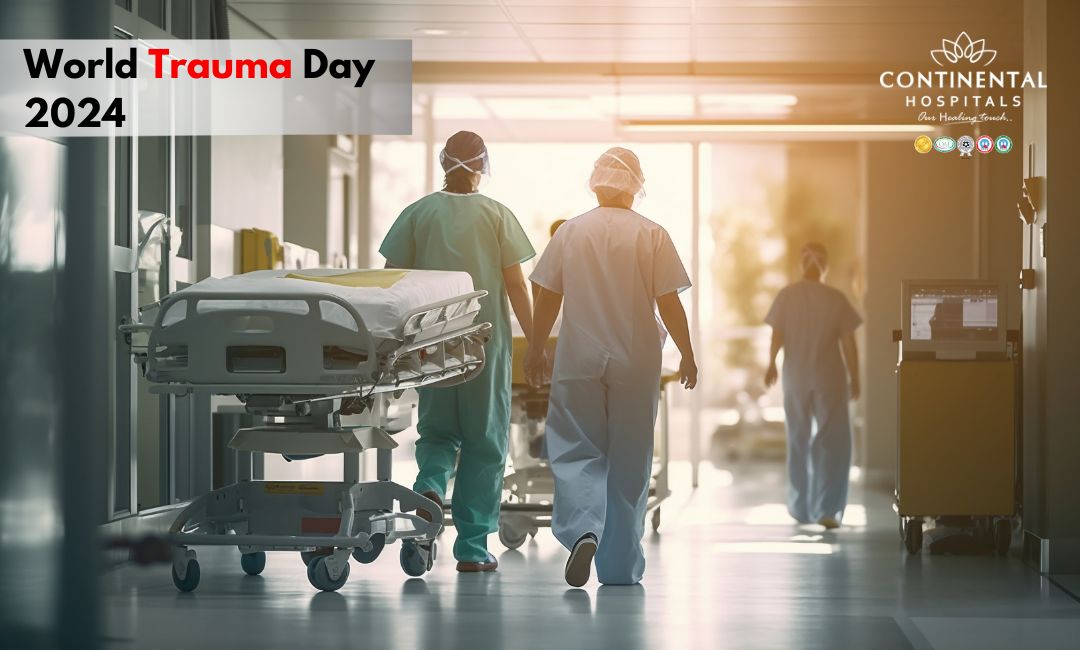

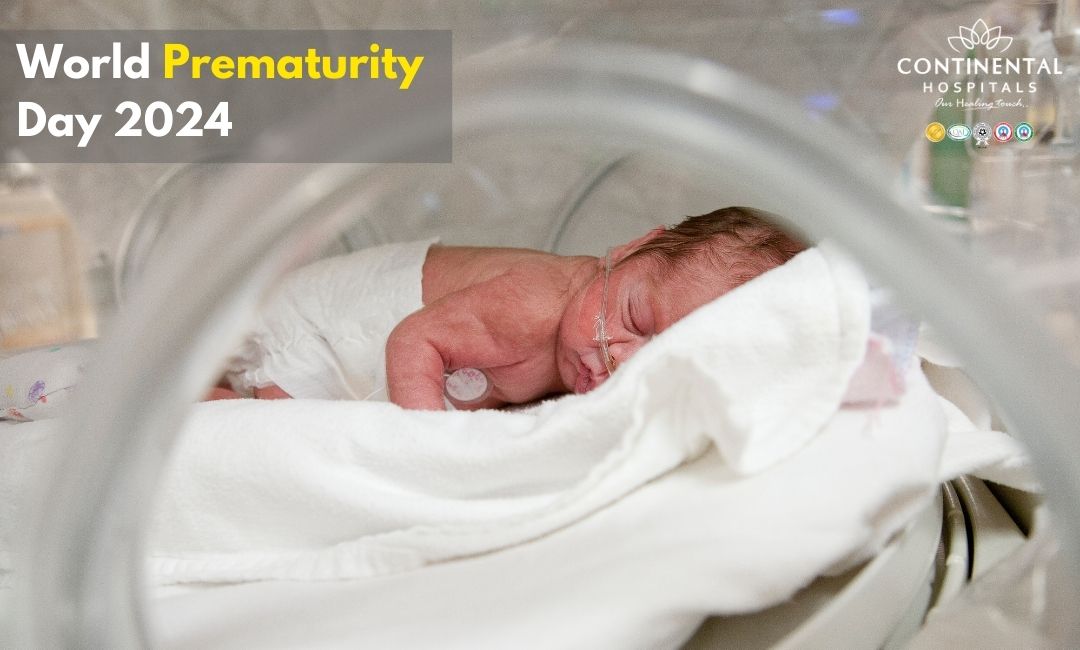
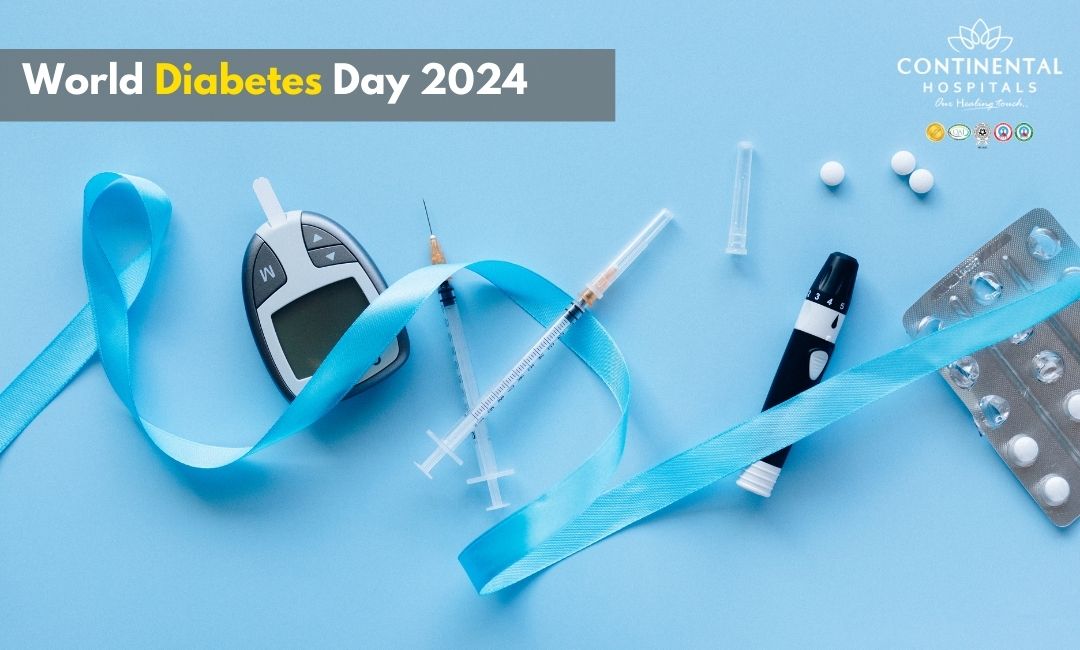





Hyderabad - the home to the world's best tech companies & now home to India's Best Tech Hospital!
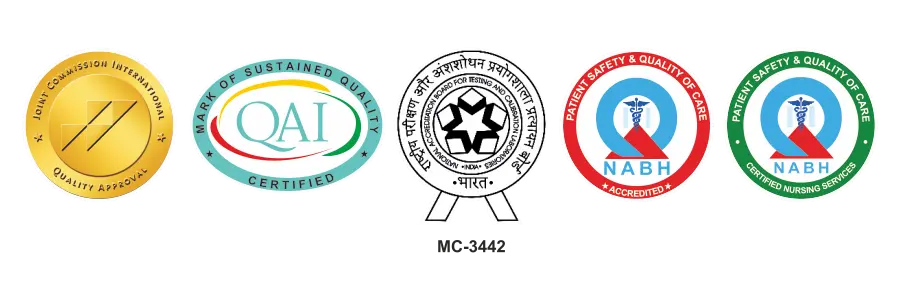
For receiving our news and updates in your inbox directly.